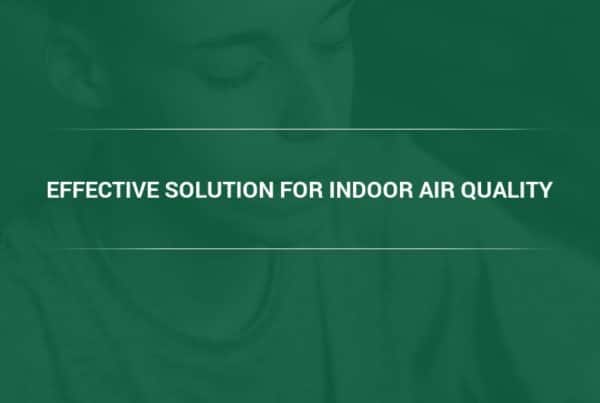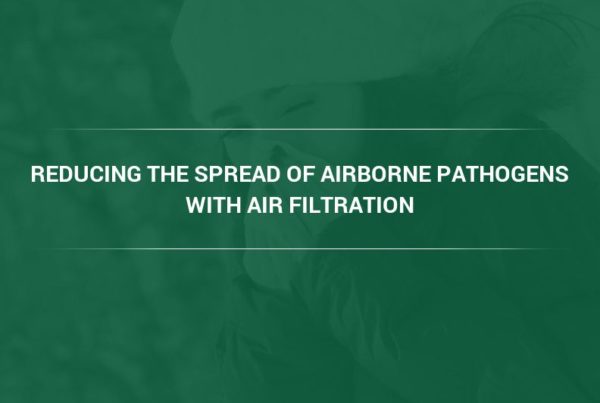Please help Camfil create awareness by sharing the story with #CamfilUSACovid-19
Riverdale, NJ — In the wake of a worldwide outbreak of a novel coronavirus, filtering through the mass amounts of information being distributed can seem overwhelming. As of March 16, 2020, there are over 175,000 confirmed cases and nearly 7000 deaths worldwide, including at least 4000 cases and 70 deaths in the United States. (See live updates here.) Air filtration experts from Camfil USA have provided some scientific insight into the disease at the particle level in a recent video on coronavirus (COVID-19).
As the Vice President of Research and Development for Camfil USA, Steve Devine has the credentials and experience to provide some useful insight. Camfil’s filtration devices are used in pharmaceutical cleanrooms, biosafety laboratories, and hospitals. Some of Devine’s notable research, conducted by Camfil alongside the University of Minnesota, looks at preventing the spread of viral swine disease.
COVID-2019 is one of many coronaviruses. The body’s attempts to fight the virus cause fever, coughing and sneezing, and in the most extreme cases, acute respiratory failure as the immune system mistakenly destroys infected lung tissue.
“The reason why this coronavirus is such a threat is due to the fact that nobody on earth has immunity to it yet, other than the 150,000 that have been infected during this outbreak.”
Like many pathogenic diseases, COVID-19 can be spread through droplets of fluid expelled by the coughs and sneezes of infected individuals. While the actual virus is roughly 0.16 microns in diameter the respiratory droplets from infected individuals come in a wide range of sizes; from visible droplets to the ones too small for our eyes to see. These invisible droplets range in size from 0.5 to 16 microns in size. Studies of other common viruses suggest droplets of 1.0 micron in size are capable of carrying enough virus to cause infections.
Depending on their size, droplets can remain airborne from seven minutes to almost two hours, at which point they can be inhaled, or settle on the face and hands and enter the body through the eyes, nose, or mouth. Fortunately, the smallest droplet of concern can be removed from the air with a high-efficiency air filter.
“The role air filtration plays is to reduce the risk of infection when an infected person was previously in that space,” says Devine. High-efficiency filters with a rating of MERV-15A or above are best for areas of standard risk such as a commercial office building, commercial office and retail buildings, schools, airports, manufacturing facilities, and areas not occupied by individuals confirmed with COVID-19. For higher risk areas such as those housing individuals qualifying under the CDC’s higher risk category, HEPA filtration is recommended. . Filters are only useful if infected patients remain isolated, as direct contact poses the highest risk of infection. Camfil has provided an educational resource on reducing the risk of viral infection and combating airborne pathogens to the public.
This resource covers: Frequently Asked Questions
- What is a virus?
- How does virus spread?
- What kind of air filtration you need?
- How can I reduce the risk of infection?
Devine recommends three other simple protections to protect yourself and others from infection.
Steve Devine’s Three Rules for Coronavirus can be summed up as:
- Distance yourself by six feet (at the very least) from individuals with confirmed or suspected infections.
- Avoid touching your face.
- Wash your hands with soap and water as often as possible, because the oily envelope that coats the virus is stripped by soap molecules. “You should wash your hands with a good old fashioned bar of soap.”
Please help Camfil create awareness by sharing the story with #CamfilUSACovid-19
###
Media Contact:
Lynne Laake
Camfil USA Air Filters
T: 888.599.6620
E: Lynne.Laake@camfil.com
F: Friend Camfil USA on Facebook
T: Follow Camfil USA on Twitter



